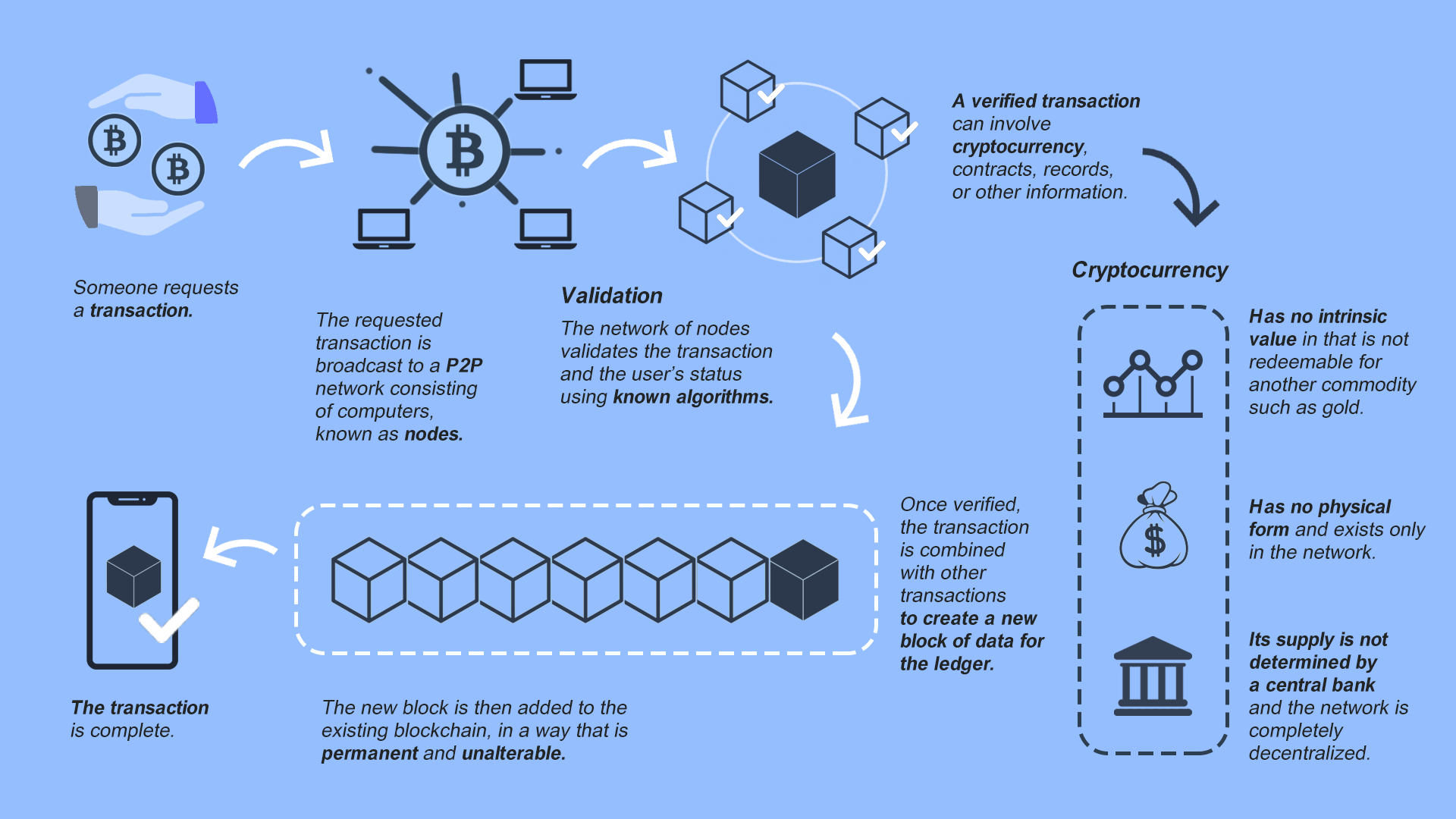Cryptocurrency market cap
The native token of the Solana platform is called SOL, and is used for paying transaction fees, staking, and participating in governance decisions on the network. The ICO price for SOL was $US0.2 https://500earth.com/ 2, and as of September 24, 2024, now sits at $US146, an increase of 66,263%.
Each of our coin data pages has a graph that shows both the current and historic price information for the coin or token. Normally, the graph starts at the launch of the asset, but it is possible to select specific to and from dates to customize the chart to your own needs. These charts and their information are free to visitors of our website. The most experienced and professional traders often choose to use the best crypto API on the market. Our API enables millions of calls to track current prices and to also investigate historic prices and is used by some of the largest crypto exchanges and financial institutions in the world. CoinMarketCap also provides data about the most successful traders for you to monitor. We also provide data about the latest trending cryptos and trending DEX pairs.
Bitcoin’s price has skyrocketed as it’s become a household name. In May 2016, you could buy one bitcoin for about $US500. As of September 24, 2024 (five months after the most recent bitcoin halving event occurred) a single bitcoin’s price was around $US63,527. That’s a growth of more than 12,600%.
A coin is a cryptocurrency that is the native asset on its own blockchain. These cryptocurrencies are required to pay for transaction fees and basic operations on the blockchain. BTC (Bitcoin) and ETH (Ethereum) are examples of coins.

Cryptocurrency meaning
The legal status of cryptocurrencies varies substantially from country to country and is still undefined or changing in many of them. At least one study has shown that broad generalizations about the use of bitcoin in illicit finance are significantly overstated and that blockchain analysis is an effective crime fighting and intelligence gathering tool. While some countries have explicitly allowed their use and trade, others have banned or restricted it. According to the Library of Congress in 2021, an “absolute ban” on trading or using cryptocurrencies applies in 9 countries: Algeria, Bangladesh, Bolivia, China, Egypt, Iraq, Morocco, Nepal, and the United Arab Emirates. An “implicit ban” applies in another 39 countries or regions, which include: Bahrain, Benin, Burkina Faso, Burundi, Cameroon, Chad, Cote d’Ivoire, the Dominican Republic, Ecuador, Gabon, Georgia, Guyana, Indonesia, Iran, Jordan, Kazakhstan, Kuwait, Lebanon, Lesotho, Macau, Maldives, Mali, Moldova, Namibia, Niger, Nigeria, Oman, Pakistan, Palau, Republic of Congo, Saudi Arabia, Sengeal, Tajikistan, Tanzania, Togo, Turkey, Turkmenistan, Qatar and Vietnam. In the United States and Canada, state and provincial securities regulators, coordinated through the North American Securities Administrators Association, are investigating “Bitcoin scams” and ICOs in 40 jurisdictions.
In April 2024, TVNZ’s 1 News reported that the Cook Islands government was proposing legislation that would allow “recovery agents” to use various means including hacking to investigate or find cryptocurrency that may have been used for illegal means or is the “proceeds of crime.” The Tainted Cryptocurrency Recovery Bill was drafted by two lawyers hired by US-based debt collection company Drumcliffe. The proposed legislation was criticised by Cook Islands Crown Law’s deputy solicitor general David Greig, who described it as “flawed” and said that some provisions were “clearly unconstitutional”. The Cook Islands Financial Services Development Authority described Drumcliffe’s involvement as a conflict of interest.
Dark money has also been flowing into Russia through a dark web marketplace called Hydra, which is powered by cryptocurrency, and enjoyed more than $1 billion in sales in 2020, according to Chainalysis. The platform demands that sellers liquidate cryptocurrency only through certain regional exchanges, which has made it difficult for investigators to trace the money.

The legal status of cryptocurrencies varies substantially from country to country and is still undefined or changing in many of them. At least one study has shown that broad generalizations about the use of bitcoin in illicit finance are significantly overstated and that blockchain analysis is an effective crime fighting and intelligence gathering tool. While some countries have explicitly allowed their use and trade, others have banned or restricted it. According to the Library of Congress in 2021, an “absolute ban” on trading or using cryptocurrencies applies in 9 countries: Algeria, Bangladesh, Bolivia, China, Egypt, Iraq, Morocco, Nepal, and the United Arab Emirates. An “implicit ban” applies in another 39 countries or regions, which include: Bahrain, Benin, Burkina Faso, Burundi, Cameroon, Chad, Cote d’Ivoire, the Dominican Republic, Ecuador, Gabon, Georgia, Guyana, Indonesia, Iran, Jordan, Kazakhstan, Kuwait, Lebanon, Lesotho, Macau, Maldives, Mali, Moldova, Namibia, Niger, Nigeria, Oman, Pakistan, Palau, Republic of Congo, Saudi Arabia, Sengeal, Tajikistan, Tanzania, Togo, Turkey, Turkmenistan, Qatar and Vietnam. In the United States and Canada, state and provincial securities regulators, coordinated through the North American Securities Administrators Association, are investigating “Bitcoin scams” and ICOs in 40 jurisdictions.
In April 2024, TVNZ’s 1 News reported that the Cook Islands government was proposing legislation that would allow “recovery agents” to use various means including hacking to investigate or find cryptocurrency that may have been used for illegal means or is the “proceeds of crime.” The Tainted Cryptocurrency Recovery Bill was drafted by two lawyers hired by US-based debt collection company Drumcliffe. The proposed legislation was criticised by Cook Islands Crown Law’s deputy solicitor general David Greig, who described it as “flawed” and said that some provisions were “clearly unconstitutional”. The Cook Islands Financial Services Development Authority described Drumcliffe’s involvement as a conflict of interest.
Cryptocurrency list
Trump was previously a crypto skeptic, but changed his mind and embraced cryptocurrencies during this year’s presidential race. He has pledged to make the U.S. “the crypto capital of the planet” and create a “strategic reserve” of bitcoin. His campaign accepted donations in cryptocurrency and he courted fans at a bitcoin conference in July. He also launched World Liberty Financial, a new venture with family members to trade cryptocurrencies.
CoinMarketCap does not offer financial or investment advice about which cryptocurrency, token or asset does or does not make a good investment, nor do we offer advice about the timing of purchases or sales. We are strictly a data company. Please remember that the prices, yields and values of financial assets change. This means that any capital you may invest is at risk. We recommend seeking the advice of a professional investment advisor for guidance related to your personal circumstances.
We calculate a cryptocurrency’s market cap by taking the cryptocurrency’s price per unit and multiplying it with the cryptocurrency’s circulating supply. The formula is simple: Market Cap = Price * Circulating Supply. Circulating supply refers to the amount of units of a cryptocurrency that currently exist and can be transacted with.
The circulating supply of a cryptocurrency is the amount of units that is currently available for use. Let’s use Bitcoin as an example. There is a rule in the Bitcoin code which says that only 21 million Bitcoins can ever be created. The circulating supply of Bitcoin started off at 0 but immediately started growing as new blocks were mined and new BTC coins were being created to reward the miners. Currently, there are around 19.78 million Bitcoins in existence, and this number will keep growing until the 21 millionth BTC is mined. Since 19.78 million BTC have been mined so far, we say that this is the circulating supply of Bitcoin.


